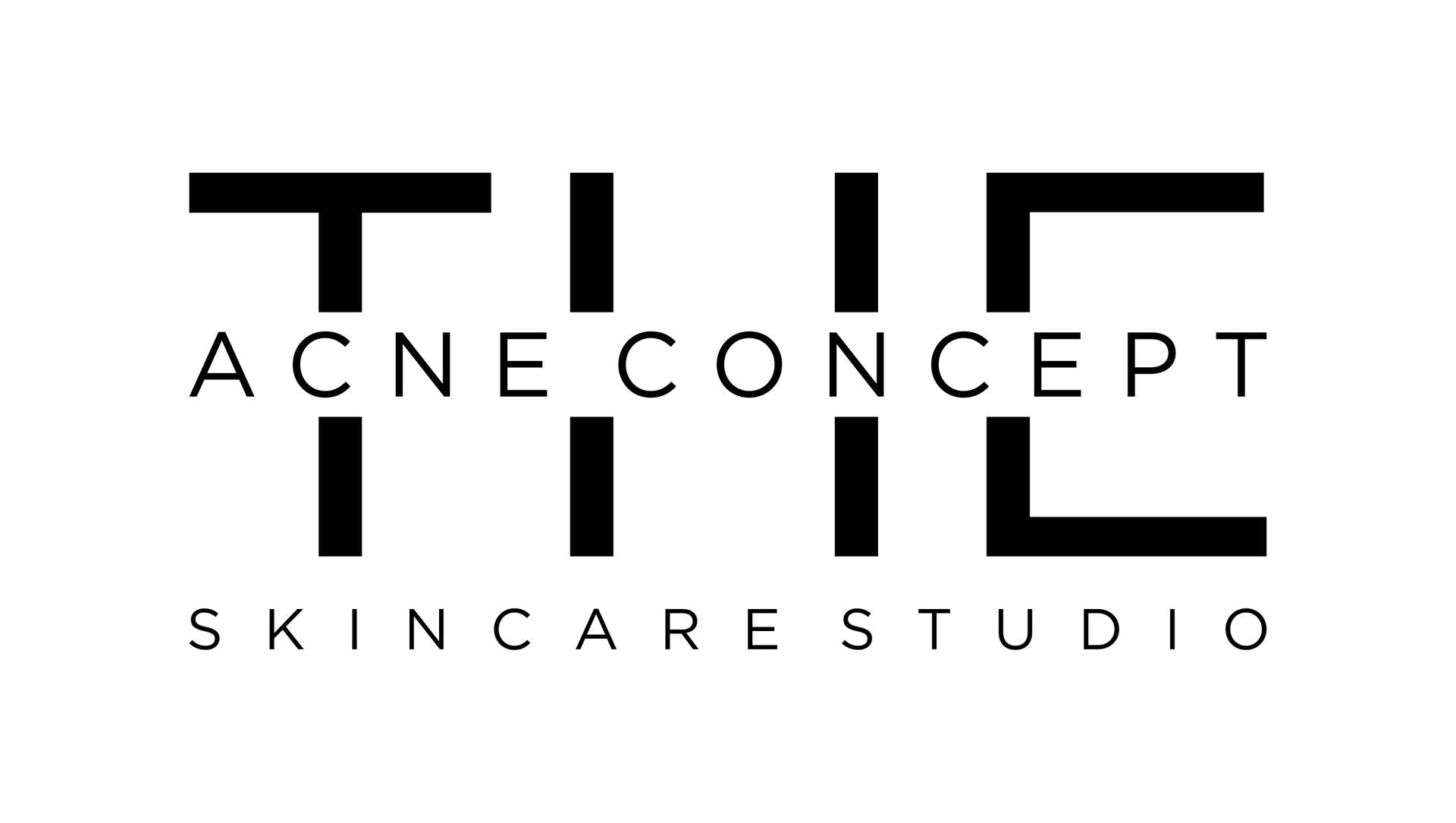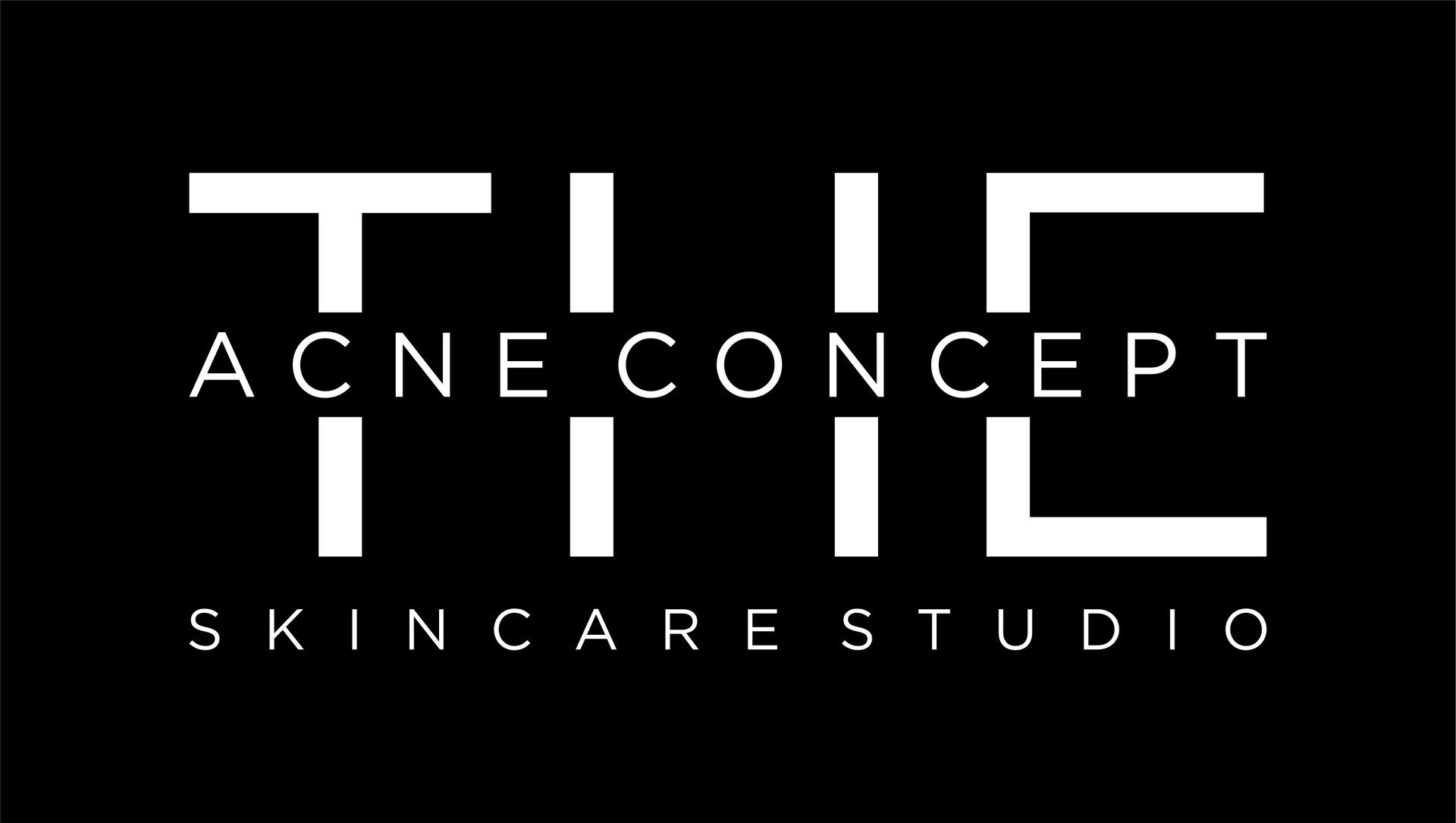Our Resources
all things skincare
The Acne Concept Blog
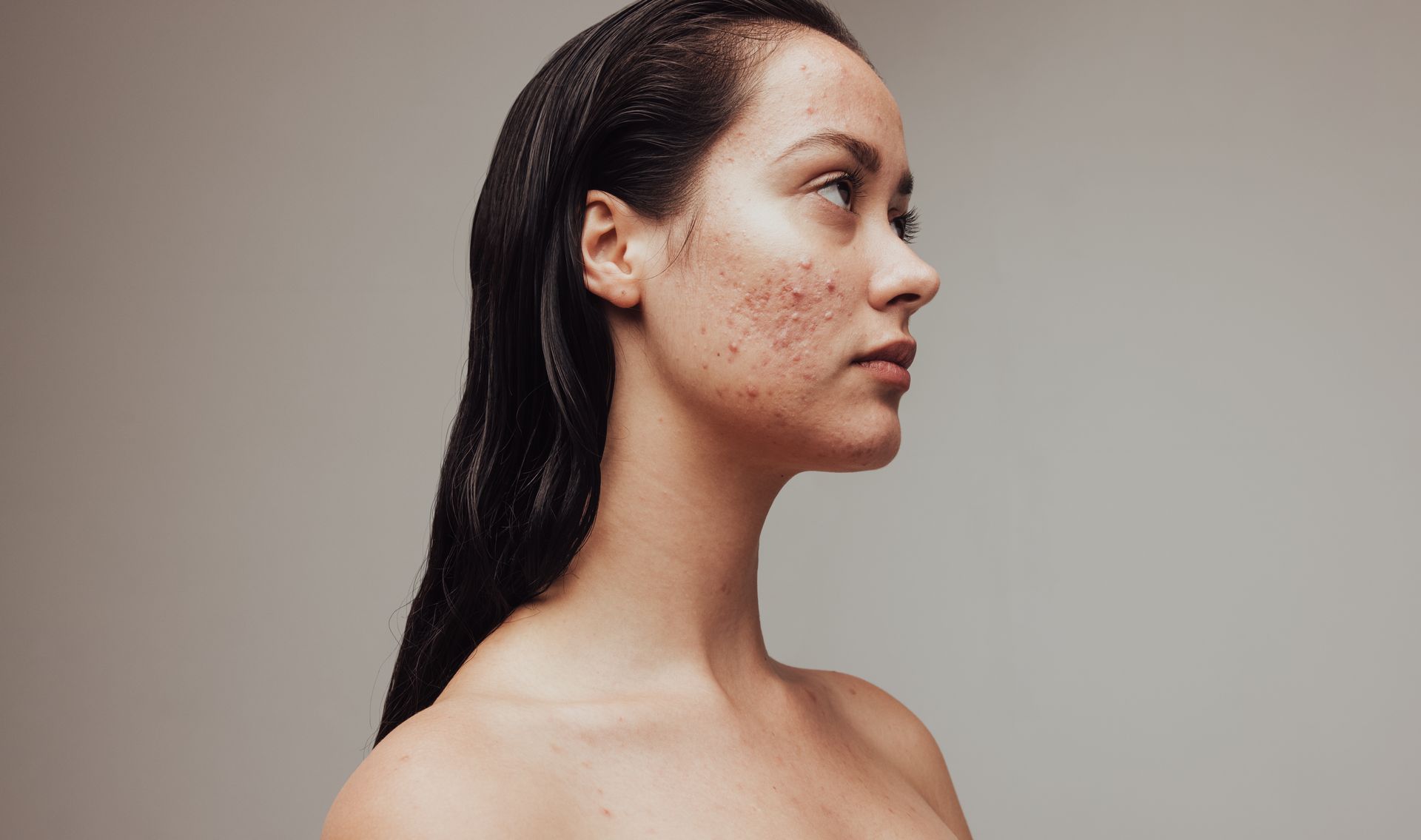
February 17, 2025
Acne is often seen as just a skin condition, but it can be deeply emotional for many. The stigma surrounding acne can lead to feelings of shame, self-consciousness, and even social withdrawal. You're not alone if you've ever avoided a mirror, skipped a social event, or felt like your skin defines your worth. But it's time to break up with acne shame and embrace self-love instead. Acne does not define you, and your self-worth isn’t tied to the clarity of your skin. Let’s explore how to shift your mindset from self-criticism to self-compassion and take steps toward feeling confident in your own skin, regardless of where you are in your skincare journey.
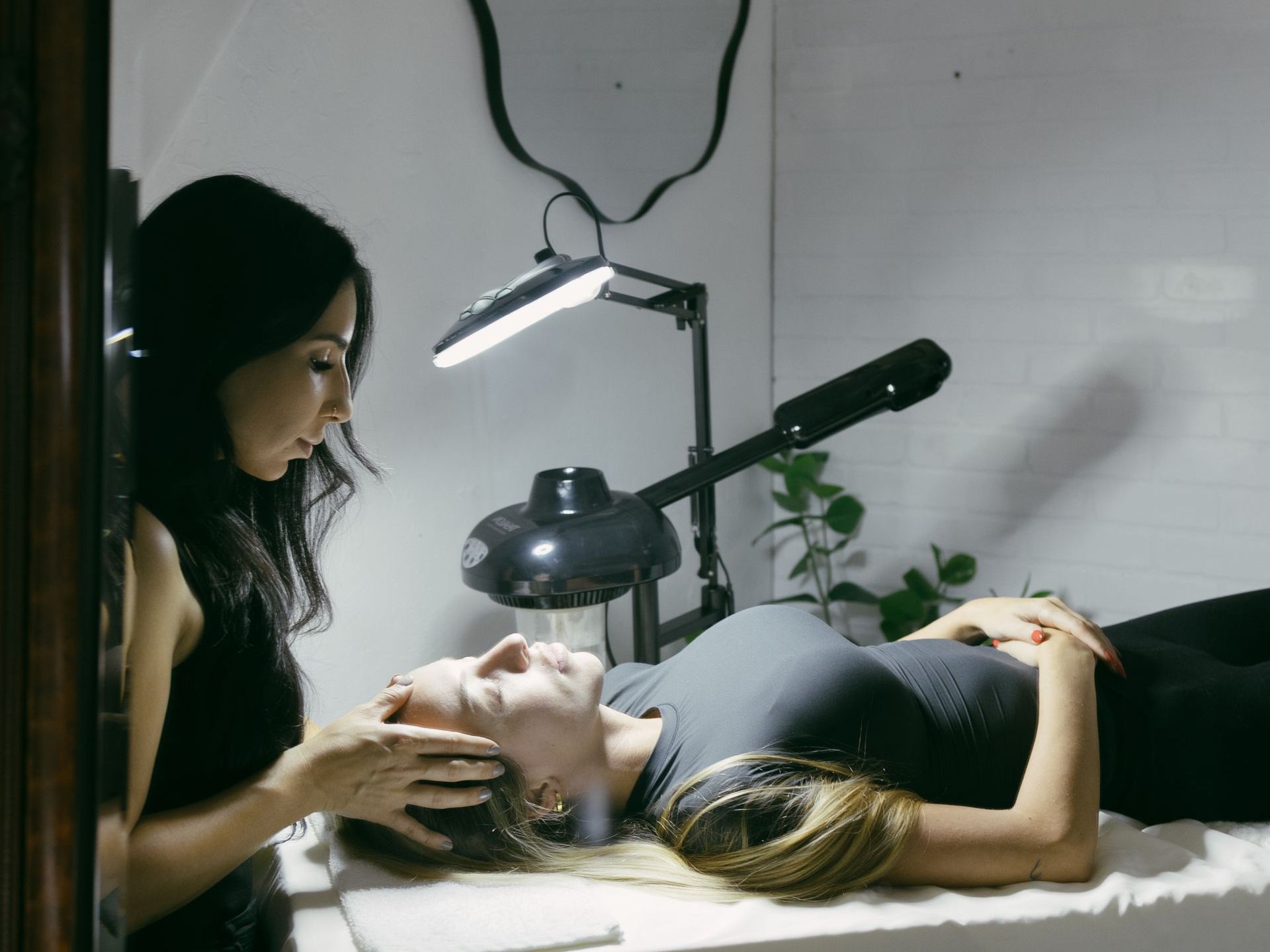
January 20, 2025
Dealing with acne can feel overwhelming and frustrating, especially when you've tried countless products and treatments with little success. That’s where working with a Face Reality Acne Specialist At The Acne Concept can make a difference. As certified Face Reality specialists, we’ve helped countless clients achieve clear, healthy skin through personalized care and evidence-based methods. Here’s why partnering with the Acne Specialists at The Acne Concept is the game-changer your skin has been waiting for.
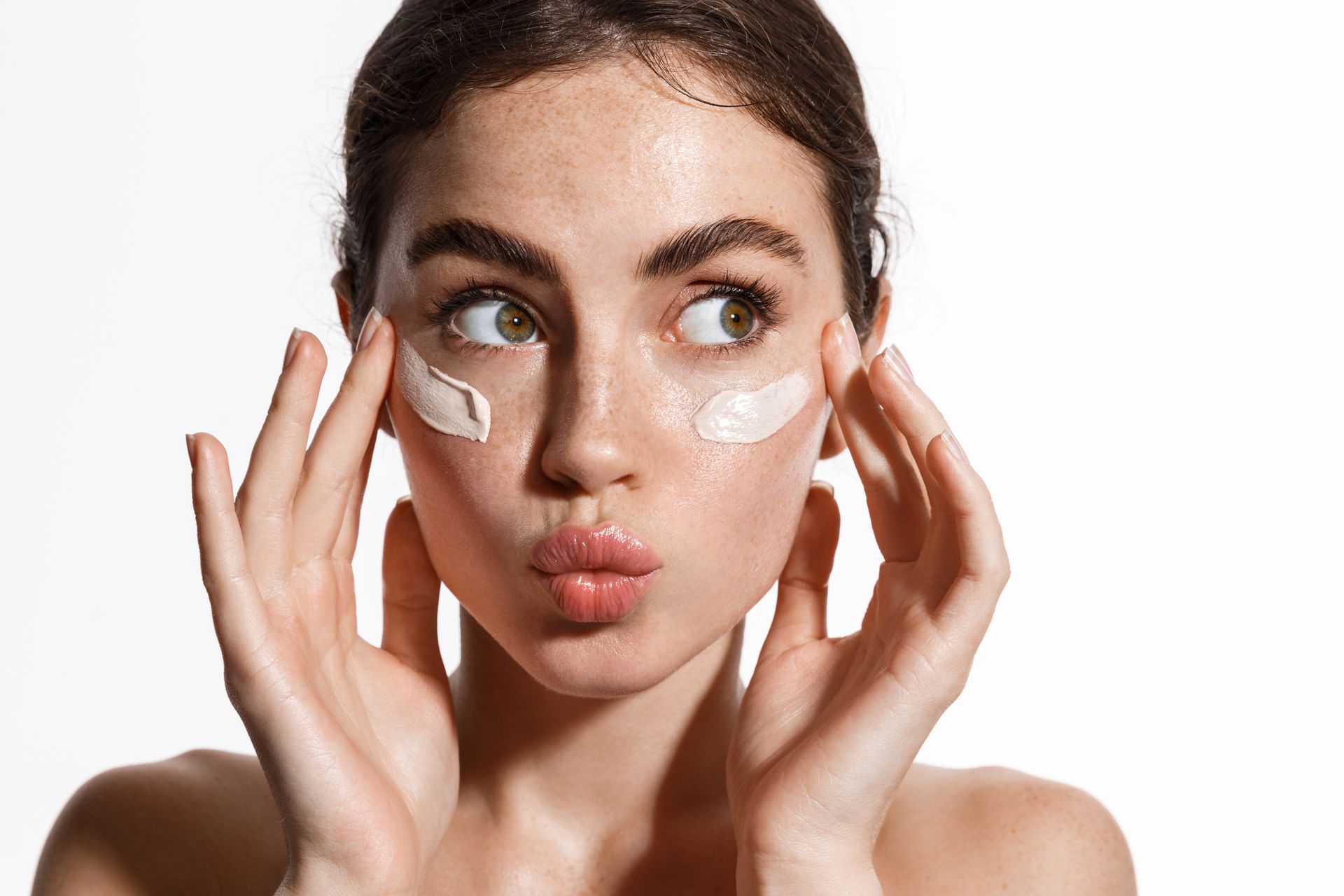
September 27, 2024
As an acne specialist, one of the most common questions is: “Which sunscreen is best for my skin, especially if I’m acne-prone?” Sunscreen is vital to any skincare routine, but choosing the right one can make a significant difference, particularly for those with acne-prone or sensitive skin. The debate often centers around two types of sunscreen: chemical and physical (also known as mineral). In this post, we'll break down the differences between chemical and physical sunscreen and help you determine which is best for your skin type. What is Chemical Sunscreen? Chemical sunscreens absorb UV rays and convert them into heat, which is then released from the skin. They contain active ingredients like oxybenzone, avobenzone, and octocrylene, which penetrate the skin to absorb harmful UV radiation. Key Features: Absorbs UV Rays: The chemical ingredients soak into the skin and absorb the sun’s rays, transforming them into heat. Thinner Consistency: Chemical sunscreens tend to have a thinner, more lightweight texture, making them easier to apply and ideal for daily use. Water-Resistant: Many chemical sunscreens offer good water resistance, making them suitable for swimming or heavy exercise. Pros: Less Visible: Because chemical sunscreens are often clear and lightweight, they don’t leave a white cast on the skin. Better for Active Use: Chemical sunscreens' water-resistant formulas make them ideal for people who sweat or spend time in the water. Cons: Can Irritate Sensitive Skin: The chemical filters in these sunscreens may cause irritation or allergic reactions, particularly for people with sensitive or acne-prone skin. Needs Time to Activate: Chemical sunscreens need about 20 minutes to absorb into the skin and start working fully. Pore-Clogging Ingredients: Some chemical sunscreens may contain oils or comedogenic ingredients that can clog pores and trigger breakouts. What is Physical Sunscreen? Physical sunscreens, also known as mineral sunscreens, create a physical barrier on top of the skin that reflects UV rays away from the skin. These sunscreens typically contain active ingredients like zinc oxide and titanium dioxide, which sit on the skin’s surface rather than absorbing into it. Key Features: Reflects UV Rays: Physical sunscreens deflect UV radiation away from the skin, acting like a shield. Instant Protection: Physical sunscreens work immediately after application, offering immediate protection from the sun. Pros: Gentler on Sensitive Skin: Physical sunscreens are less likely to cause irritation or allergic reactions, making them a better option for those with sensitive or acne-prone skin. Non-Comedogenic: Zinc oxide and titanium dioxide are non-comedogenic, meaning they won’t clog pores or exacerbate acne. Immediate Protection: Unlike chemical sunscreens, physical sunscreens offer immediate protection without needing time to absorb. Cons: Thicker Texture: Physical sunscreens tend to have a thicker consistency, which can feel heavier on the skin and take longer to blend in. White Cast: One of the main drawbacks of physical sunscreens is that they often leave a white or chalky residue, particularly on darker skin tones. Less Water-Resistant: Physical sunscreens may not be as water-resistant as chemical formulas, so they need to be reapplied more often during water activities. Which Sunscreen is Best for Acne-Prone Skin? Physical sunscreen is generally the better option for individuals with acne-prone or sensitive skin. Here’s why: Non-Irritating: Physical sunscreens are less likely to irritate sensitive or inflamed skin. Ingredients like zinc oxide are known for their anti-inflammatory properties, which can help soothe acne. Non-Comedogenic: Since physical sunscreens don’t clog pores, they are less likely to contribute to breakouts, which is especially important for acne-prone skin. Less Reactive: Physical sunscreens don’t absorb into the skin, so there’s less chance of causing reactions like stinging or redness. That being said, some individuals with acne-prone skin can tolerate chemical sunscreens, particularly if they choose formulas labeled as “non-comedogenic” or “oil-free.” However, it’s essential to patch-test new products to ensure they don’t trigger any adverse reactions. Sunscreen Tips for Acne-Prone Skin Choose Oil-Free Formulas: Look for oil-free and non-comedogenic sunscreens to avoid clogging your pores. Lightweight Textures: If you prefer chemical sunscreens, opt for lightweight, gel-based formulas that are less likely to cause breakouts. Reapply Regularly: Sunscreen should be reapplied every two hours, especially if you’re spending time outdoors or sweating. Wear Sunscreen Daily: Even on cloudy days, your skin is exposed to UV radiation. Make sunscreen a daily part of your skincare routine. Conclusion Both chemical and physical sunscreens offer protection from harmful UV rays, but if you have acne-prone or sensitive skin, physical sunscreen may be the better choice. With its non-comedogenic and soothing properties, physical sunscreen can protect your skin without the risk of irritation or breakouts. However, the most important factor is to wear sunscreen daily, regardless of which type you choose, to keep your skin healthy and protected. At Acne Concept, we emphasize the importance of sun protection as part of a comprehensive skincare routine. If you're unsure which sunscreen is best for your skin type, or need recommendations, feel free to reach out. We’re here to help you protect your skin and keep it clear, healthy, and glowing!
Treatments
Hours
- Sun - Mon
- Closed
- Tue, Thu
- -
- Wednesday
- -
- Fri - Sat
- -
